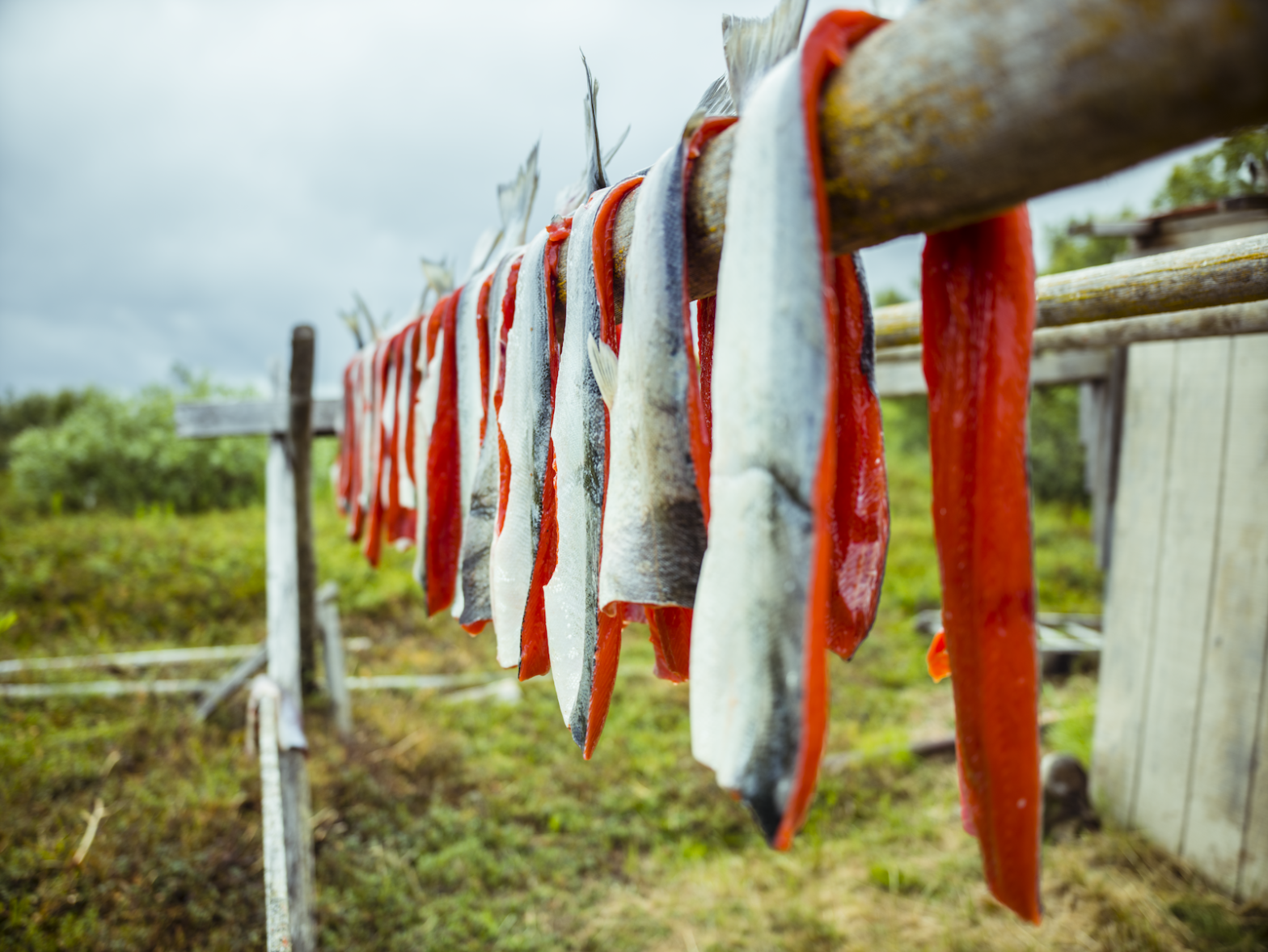Celebrate an American Success Story — Bristol Bay Wild Sockeye Salmon
COMMENTARY

Bristol Bay, Alaska, is home to an astonishing success story — one that plays out each year across the region’s waters, in its Alaska Native communities and through hundreds of small, family owned businesses.
It’s the story of wild sockeye salmon, a species that has thrived in Bristol Bay for thousands of years and continues to return each year in remarkable numbers. While salmon populations struggle to hold on in native streams across much of North America, Bristol Bay’s sockeye continue to set records for abundance.
Just a year ago, we celebrated a return of more than 66 million fish to the clear, cold and clean rivers that feed Bristol Bay. This year, more than 78 million returned. It was another record bounty that allowed for a sustainable harvest of nearly 50 million wild and nutritious fish, each a testament to what the region’s pristine habitat can provide.
These salmon, which support fish-based cultures and native ways of life that span millennia, are the cultural and economic foundation of a region of Alaska that is larger than many states. They support a commercial fishery that generates more than $2.2 billion in annual economic activity across the globe and more than 15,000 jobs. Many of the jobs are on the hundreds of small fishing boats that make up the Bristol Bay fleet, each its own small business.
And the streams to which the salmon return support a thriving sport fishing and tourism industry that includes numerous fishing camps and lodges that employ thousands of guides and staff throughout the region. These businesses host visitors from across the world and support a tourism economy that brings millions of dollars into the region each year.
The salmon are the lifeblood of the small communities scattered along the banks of Bristol Bay’s rivers, providing food that has sustained families for countless generations, a foundation of cultures, and the basis for calendars built around their return.
All the salmon ask in return is that we manage harvests wisely and protect the vast habitat that sustains them. The abundance of Bristol Bay salmon can endure if we stop the risks that currently threaten some of its most important headwaters. That is why the region’s leaders and other stakeholders continue to seek long-term protections for Bristol Bay’s waters and fisheries. It is a fight we started long ago and one that continues today.
Despite its success story, Bristol Bay is a place that few inside the Beltway know much about. It is for this reason that Bristol Bay leaders, Alaskans and others from across the country are visiting the nation’s capital this week — to draw attention to and celebrate Bristol Bay’s incredible wild sockeye salmon, and to find allies who will work alongside Sen. Lisa Murkowski, R-Alaska, to get legislative protections for the region enacted.
Throughout the week, several of the district’s top restaurants will feature wild, sustainable Bristol Bay sockeye salmon on their menus. And on Wednesday, Sept. 21, we will host the annual Bristol Bay Wild Salmon Celebration to honor four Alaskans — Alannah Hurley, the late Bob Gillam, Norm Van Vactor and former Alaska state Sen. Rick Halford. With diverse backgrounds that include commercial fishing, finance, business and politics, all four have done incredible work to advocate for Bristol Bay salmon. We are grateful for all they have done, and it will be our honor to recognize their achievements as our 2022 Fish First Awardees during the celebration.
If you get the chance, try Bristol Bay wild salmon in a local restaurant during our upcoming Restaurant Week and celebrate this incredible, home-grown renewable resource. Beyond this week, we are asking all Americans to support efforts to ensure Bristol Bay’s Alaska Native salmon-based cultures can continue to be passed down for generations to come, and that all the sustainable fishing jobs and small businesses continue to thrive. That’s an American success story worth celebrating.
Russell S. Nelson is a lifelong resident of Dillingham, Alaska, and has been a Bristol Bay Native Corporation director for 17 years. He currently serves as chair of BBNC’s board of directors. You can find BBNC on LinkedIn and Twitter or email them here.























